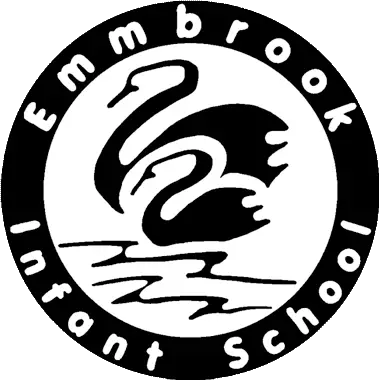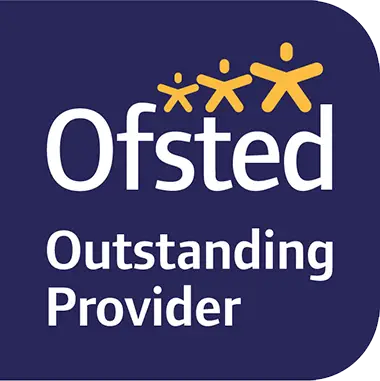Intent
Rationale: At Emmbrook Infant School we follow the national curriculum. However, it is enriched and complemented by our vision and core values. Drawing on the interests of the children our creative teaching team develop ‘child led’ topics which teach the children a mix of key skills and knowledge and allow them to find out answers for themselves. To enhance this learning, visiting workshops, theatre groups and trips out are planned linked to the learning. To engage the children further each unit begins with a ‘hook’ and works towards a presentation assembly to parents.
Implementation
Knowing that every child learns differently, our teachers use a range of teaching styles to ensure all our children are engaged and motivated. They are encouraged to think independently, work collaboratively, be resilient and apply their previous learning in a range of ways. In this way they ‘GROW’ every day and take responsibility for their own learning.
Design: Our year teams and subject leaders work together to ensure coverage across our year one and year two groups, adapting provision to meet the needs of the learners. Topics are planned sequentially using Key Questions that address the knowledge and skills are children need so that learning is layered and built upon throughout the key stage. The curriculum is practical in nature, reinforces prior learning, is ambitious and increases in cognitive complexity. Effective cross-curricular links are made where relevant to show our children how the subjects are related and opportunities are taken to learn maths and English in a real life context. Our well- resourced learning environments complete with learning walls and good examples of work ensure children can grow towards working independently and know what success looks like.
Depth: For those who are ready, deeper learning opportunities are provided allowing ‘mastery’ of a particular element or skill and a transference of knowledge across subjects. Our teachers closely monitor pupil progress and learning within lessons and over the course of a unit of work. Teachers adjust lessons and units based on this continuous feedback and assessment.
Implementation
Assessment: The use of both formative and summative assessments though Cold and Hot Tasks, enables pupils’ progress through the curriculum, to be captured. This also informs class teachers on how the curriculum can be adapted and improved. End of year summative assessments are made against the Key Questions enabling judgements to be given against age-related expectations.
Review: We review our curriculum regularly and this includes devoting whole INSET days where the whole teaching team reflect and refresh the curriculum offer.
Monitoring: The SLT, Subject Leaders and the Local Advisors regularly monitor and quality assure the curriculum. SLT carry out regular book scrutiny’s, lesson observations and Core Subject Reviews. Subject Leaders are allocated dedicated management time to monitor coverage, progression and Deeper Learning/differentiation across their subjects. Subject Leaders also produce an annual Action Plan (linked to the School Improvement Plan) and provide an end of year Position Statement detailing outcomes in their subject. Subject Leaders meet with their Local Advisors at least twice a year when they share their action plans and Position statements. Local Advisors then feedback to the full Advisory Body. All subject leaders have targets related to their subject within their performance management.
Subject Knowledge and Leadership: Subject leaders have clear roles and responsibilities and this is detailed in the school policy and applied in their performance management targets. Subject leaders attend relevant training and CPD linked to their role and the SIP and are well able to support their colleagues.
Standards File: Evidence of curriculum coverage, including depth, breadth and expectation are stored in the school’s Standards File.
We believe that the combination of all of this not only provides our children with memorable ‘childhood’ experiences that they deserve, but also inspires lifelong learning and prepares our children appropriately for the future.




 Emmbrook Infant School is an academy and part of The Circle Trust, a charitable company limited by guarantee registered in England and Wales (number 11031096) whose registered office is The Oval Offices, C/O St Crispin’s School, London Road, Wokingham, Berkshire, RG40 1SS.
Emmbrook Infant School is an academy and part of The Circle Trust, a charitable company limited by guarantee registered in England and Wales (number 11031096) whose registered office is The Oval Offices, C/O St Crispin’s School, London Road, Wokingham, Berkshire, RG40 1SS.